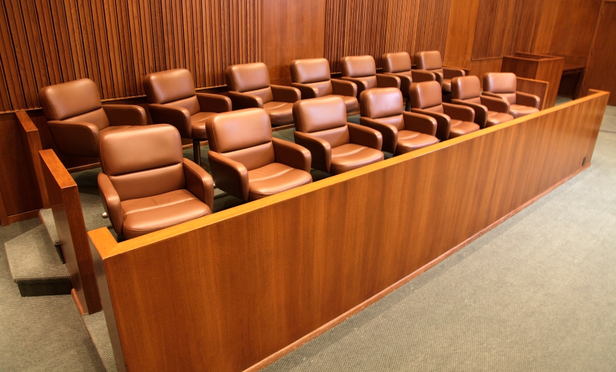Within the last few years, bar associations, courts and the media alike have paid much attention to one particular ethics issue affecting every trial attorney: whether trial attorneys may conduct Internet searches of prospective or sitting jurors. What all states have yet to address is equally important: whether failure to conduct these searches amounts to malpractice. In other words, are attorneys ethically required to complete Internet searches of prospective or sitting jurors? While this article does not suggest what position New Jersey should take on this issue, it does outline some of the positions taken by other jurisdictions and highlights some of the related ethical issues.
The View from Here: The NJ Appellate Court
One New Jersey court has held that attorneys are permitted to conduct such research, see Carino v. Muenzen, No. A-5491-08 (App. Div. August 30, 2010), certif. denied, 205 N.J. 100 (2011). In Carino, the plaintiff filed a medical malpractice claim against his deceased wife’s doctor, asserting that, in treating his wife, the doctor deviated from accepted standards of medical care. During voir dire, the plaintiff’s attorney began using his laptop to conduct Internet research of the prospective jurors. After defense counsel objected, the trial judge directed the plaintiff’s attorney to stop conducting the searches, finding that the plaintiff’s attorney had an improper “inherent advantage” during voir dire. The trial judge cited to no authority in support of his decision. The jury returned a “no cause.”



